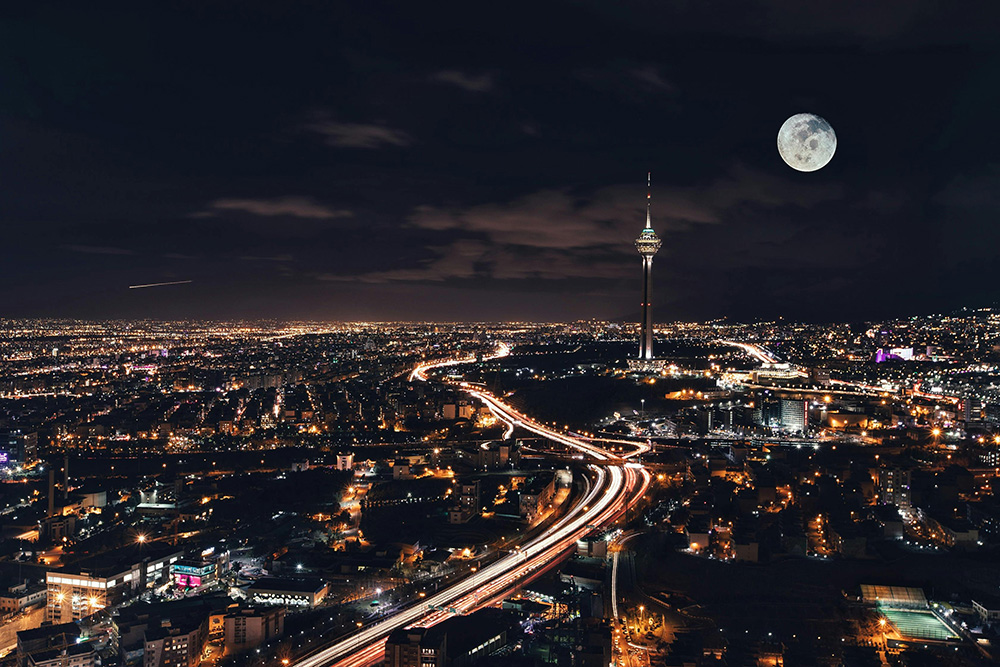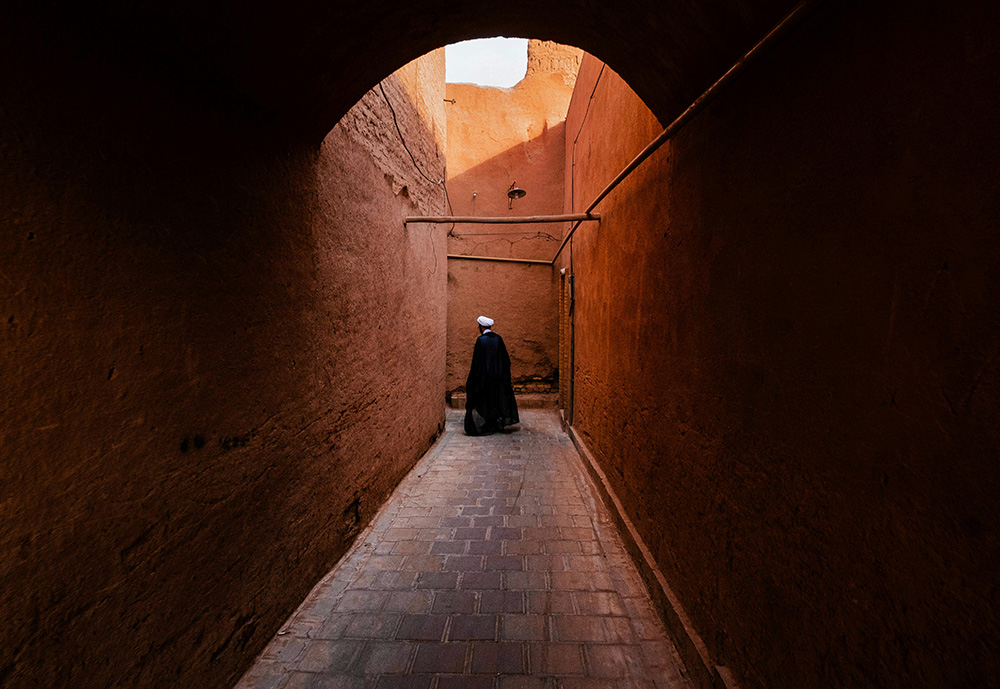Masoud Pezeshkian, who assumed office as Iran’s 9th president on July 28, 2024, has focused on promoting a moderate and pragmatic approach to governance, emphasizing transparency, inclusivity, and economic reform. Early in his tenure, Pezeshkian has sought to distinguish himself as a “president for all Iranians,” working to bridge divides among different ethnic, political, and religious groups in Iran. His administration is noted for efforts to appoint experts rather than politically aligned figures to government roles, signalling a merit-based approach.
In foreign policy, Pezeshkian has reaffirmed Iran’s support for regional alliances against Israel, while also expressing interest in engaging with the West to address economic sanctions, which remain a significant hurdle for Iran’s economy. Domestically, he has shown willingness to ease some socio-political restrictions while maintaining the core ideological tenets of the Islamic Republic. His emphasis on production and collaboration between unions and the private sector reflects his intent to revitalize Iran’s economy.
Pezeshkian’s achievements thus far include assembling a diverse and qualified team, including prominent figures like former Foreign Minister Mohammad Javad Zarif, to lead strategic initiatives. His administration has also fostered dialogue on issues such as women’s rights and governance reform, although substantial challenges like economic hardship and societal unrest persist.

However, under Masoud Pezeshkian’s presidency, there has been no significant improvement in the treatment of women’s rights activists or political prisoners. In fact, the situation appears to have worsened. Reports indicate that Iran has escalated its use of the death penalty against women activists, including those detained for involvement in peaceful protests like the “Woman, Life, Freedom” movement. Activists have faced charges such as “armed rebellion” and “propaganda against the regime,” often under questionable judicial processes, including forced confessions obtained through torture and prolonged solitary confinement.
For example, cases like that of Sharifeh Mohammadi, a labour activist sentenced to death, highlight the severe repercussions faced by those advocating for basic rights. Mohammadi’s sentence has drawn international criticism, as her activities were reportedly peaceful and focused on labour rights. Other activists, such as Nasim Gholami Simiyari, have reported torture and forced confessions during detention. The judiciary, under hard-line judges, continues to impose harsh penalties, including death sentences, with limited or no legal defence.
Generally, Pezeshkian’s administration has not introduced meaningful reforms or initiatives to address these issues. Instead, the ongoing persecution of activists underscores systemic challenges in Iran’s political and legal systems, which have persisted across successive administrations. International organizations and rights groups have consistently called for action but report little progress.
And when it comes to media, President Masoud Pezeshkian campaigned on promises of media reform and ending internet censorship, resonating with voters seeking more freedom online. However, since taking office, progress on these issues has been minimal, constrained by systemic barriers and resistance from powerful entities within Iran.
Pezeshkian pledged to reform the “ineffective filtering system” and “free the internet,” but his administration has faced pushback from security and intelligence agencies that maintain strict control over internet and media policies. The head of Iran’s Cyber Police recently reiterated the government’s stance, requiring foreign platforms to comply with Iranian censorship laws as a condition for lifting bans on social media platforms like Instagram and WhatsApp. This highlights the limits of presidential power in countering entrenched censorship systems.
Additionally, Pezeshkian appointed Sattar Hashemi as the Information and Communications Technology Minister, but Hashemi has not committed to significant reforms. His plans seem focused on maintaining the status quo rather than delivering on campaign promises. The broader context includes efforts to develop a “national internet” and domestic surveillance technology, further tightening government control over information.
Overall, despite initial optimism, the administration’s ability to enact meaningful media reforms or reduce censorship has been severely hampered by institutional and political constraints.
Given that President Masoud Pezeshkian has so far failed to deliver on key campaign promises, including addressing internet censorship, supporting human rights, and fostering meaningful socio-political reforms, it raises questions about his leadership effectiveness. Prominent areas of discontent include:
- Unfulfilled Promises on Internet and Media Reform: Despite pledging to reduce internet filtering and enhance freedom of information, Pezeshkian’s administration has made little progress. Instead, internet censorship remains pervasive, with authorities continuing to block social media platforms and suppress online dissent. His Information and Communications Technology Minister has not prioritized reversing these restrictions, effectively maintaining the status quo.
- Human Rights Concerns: Pezeshkian’s government has done little to address the harsh treatment of women’s rights activists and political prisoners, despite international and domestic outcry. Reports of executions, torture, and suppression of peaceful protests have intensified, undermining hopes for a more moderate administration.
- Lack of Structural Reforms: Beyond rhetoric, there has been scant evidence of significant policy changes aimed at addressing Iran’s systemic issues, including economic instability, corruption, and social inequities. Many argue that entrenched power structures and the influence of hard-line elements have hindered Pezeshkian’s capacity to enact reforms.

In light of these challenges, critics argue that if Pezeshkian cannot implement meaningful changes or stand against regressive policies, his continued leadership may only perpetuate dissatisfaction and disillusionment. Calls for his resignation reflect growing frustration with his inability to meet the expectations he set during his campaign. It is essential, however, to recognize that structural constraints and systemic barriers also play a role, complicating any reform agenda within Iran’s political framework.
A resignation could pave the way for a leader better equipped or more willing to navigate these challenges, but it could also risk empowering hardliners further, which some view as an even greater setback for reform.





